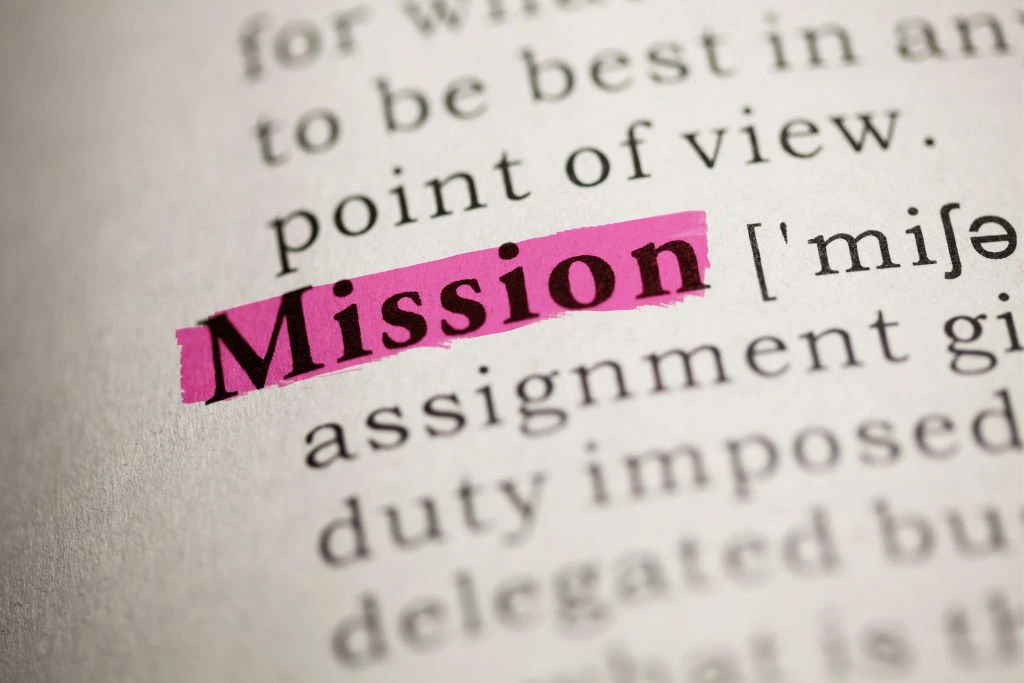
The way you interact with feedback – including how you ask for it, take it in, and give it – will be one of the most important bonds you have during your professional life. In reality, your relationship feedback is more important than the connection you have with any mentor, sponsor, or role model.
When we receive criticism, it can be difficult to hear because it feels personal. On top of that, people aren’t always great at giving feedback in a way that is easy to hear.
For example, when I first started working at Goldman Sachs, the older men in my office were unwilling to give me feedback. We all knew that I was having difficulty succeeding, but I couldn’t understand what exactly I needed to do. It wasn’t until my annual review that somebody finally gave me the straightforward criticism needed for me to comprehend what was expected of me.
I was really upset when I got a bad review, but once I had the specific details of what I needed to work on, I turned things around and did great. Getting feedback only once a year is not ideal because so much time has passed and the information may no longer be relevant. If I had asked for feedback sooner, I would have been able to improve more quickly. I didn’t realize that asking for feedback was an option or something that would be beneficial to me.
Feedback is one of the most valuable gifts you can receive. If you take it to heart and are open to hearing feedback – no matter how difficult it may be in the moment – you will have a much better chance of realizing your full potential.
These six tips have helped me effectively receive and process feedback:
1. Consider Feedback as a Present. It Allows You to Grow and Improve
If you want to become successful, don’t be afraid to receive feedback—even if it’s tough to hear. Seek out input from others and make it easy for them to give you their honest thoughts. Over time, you’ll learn how better to process this type of information and use it to improve your skills. Rather than seeing feedback as a negative, view it as an opportunity that will help set you on the right path.
2. Please Do Not Hold the Messenger Responsible
Feedback sessions can be difficult conversations, but putting them off will only make things worse. When someone finally agrees to share their perspectives on your performance, coming into the conversation with a negative attitude is not going to help you achieve your goals.
3. Try to Be Open to Feedback, Even if It’s Tough to Hear
Listen to the feedback you’re being given, and don’t get defensive. Try saying something like, “I’m hearing that…,” and then mirroring back what was said to you. The goal is to make the other person feel comfortable enough to keep sharing their thoughts with you. The more information you have from this conversation, the better equipped you’ll be later on when it comes time to create a plan for addressing potential areas of improvement.
4. Please Don’t Cry
I have frequently failed to avoid tears in difficult situations, but I think it’s important to remember that feedback – even if it hurts at the moment – is a valuable gift. Going forward, I’m going to focus on listening closely and writing down what I hear during tough conversations. This will help me keep my cool and prevent any future outbursts.
5. Defining a Plan Helps to Better Set and Achieve Goals
Once you’ve left the meeting and have had some time to cool off, sit down and make a plan for how you’re going handle the criticisms. This will help you feel back in control of the situation. You should also send a follow-up note to the person who gave you feedback outlining what they said and what steps you’re taking starting now to address their concerns. After you have made your plan, touch base with that person every week for a brief update on your progress.
6. Unwind, Release, Detach Yourself From the Outcome
One of the hardest things to do is take feedback, process it, and then move on. I tend to beat myself up over time with all of the ways that I could be doing better. However, by dwelling on past failures, I’m not able to apply that same energy to taking new risks or doing better work in the present moment.
Learning to take constructive criticism is a valuable skill, and by following this plan, you will be able to use it more effectively toward your goals.









